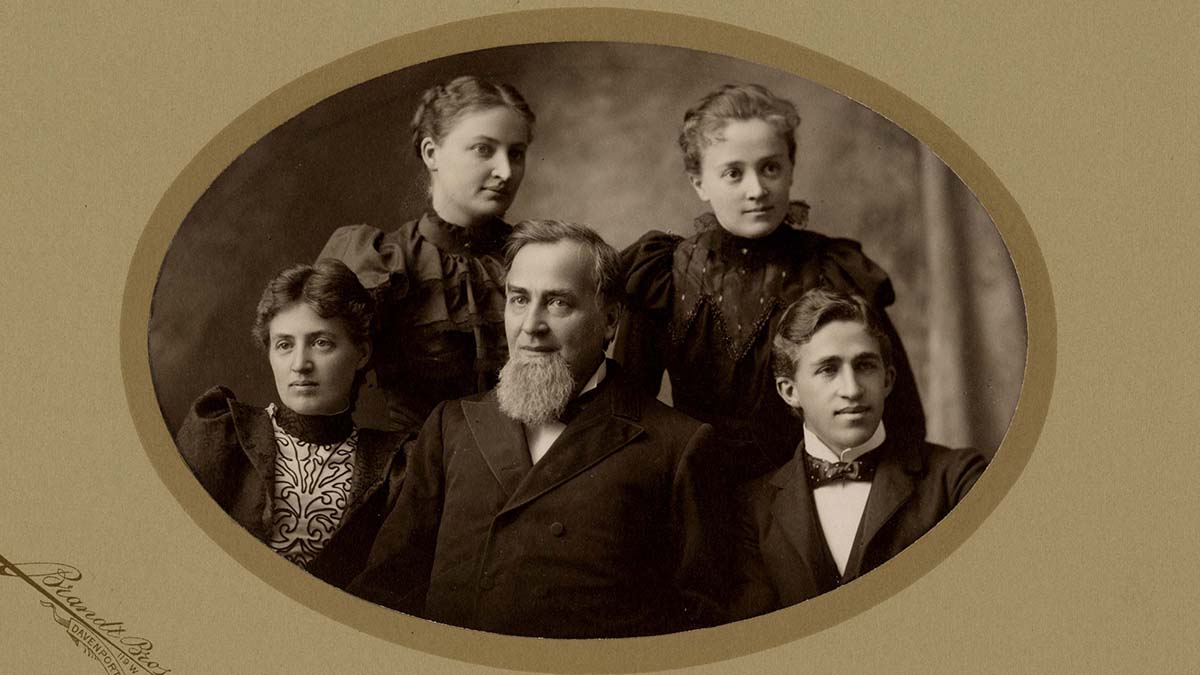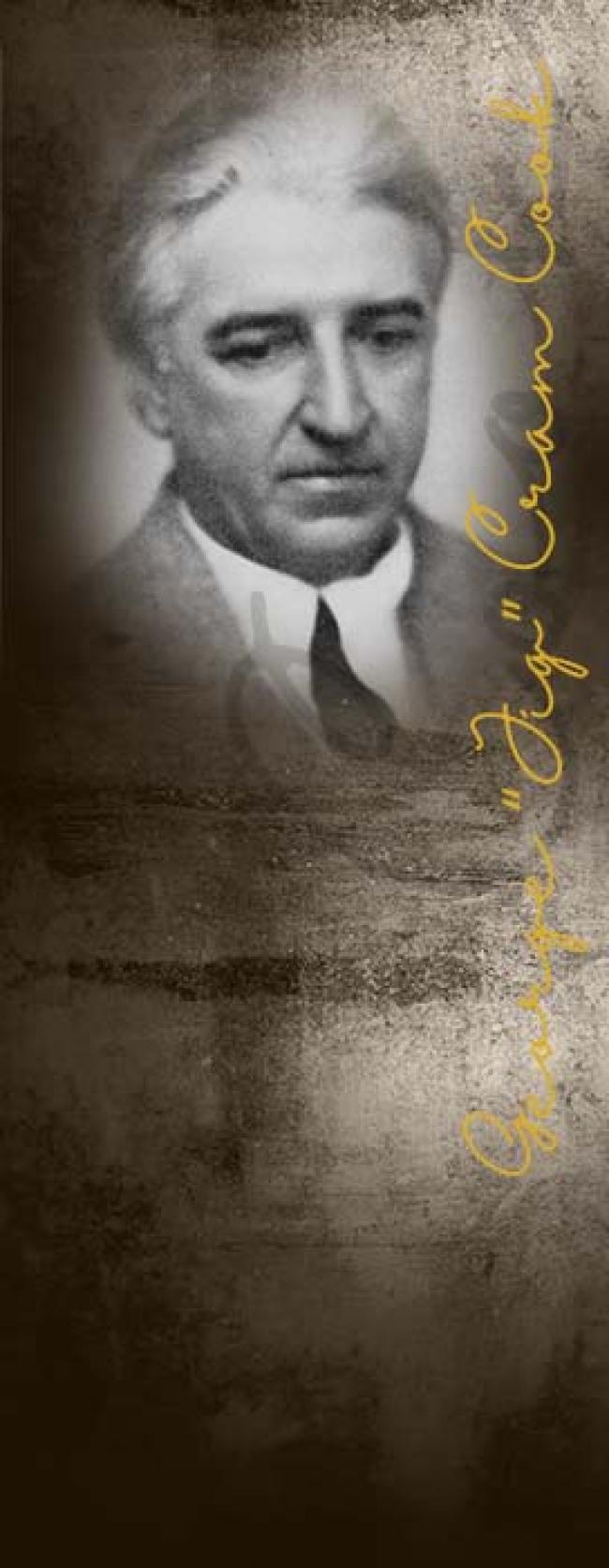George Cram Cook, nephew of Davenport benefactor Clarissa Cook, was the cofounder of America’s premier theater group, the Provincetown Players.
Cook, known to his friends as “Jig,” had a vision for a theater made up of a community of writers, actors, and designers working together to achieve a common goal.
The group, which included Eugene O’Neill, Jack Reed, and Floyd Dell, became a powerful force in the development of American theater.
They created a communal dramatic tradition that nurtured artists’ talents. Instead of melodrama, they emphasized more honest feelings about the human condition. Instead of using the same costumes and sets for every play, they created new sets and costumes matched to each different play’s needs.
For Cook’s play "The Spring," based on Black Hawk’s spring in Rock Island, the music of water from a creek was heard throughout the performance to leave the audience feeling hypnotized.
The spiritual leader of the Provincetown Players, Cook encouraged experimentation and revolt against old traditions. In "The Road to Temple," Susan Glaspell, Cook’s wife, recalled how Cook had prompted her to write her most famous play, "Trifles":
“Now, Susan,” (Jig) said to me, briskly, “I have announced a play of yours for the next bill.”
“But I have no play!”
“Then you will have to sit down tomorrow and begin one.”




